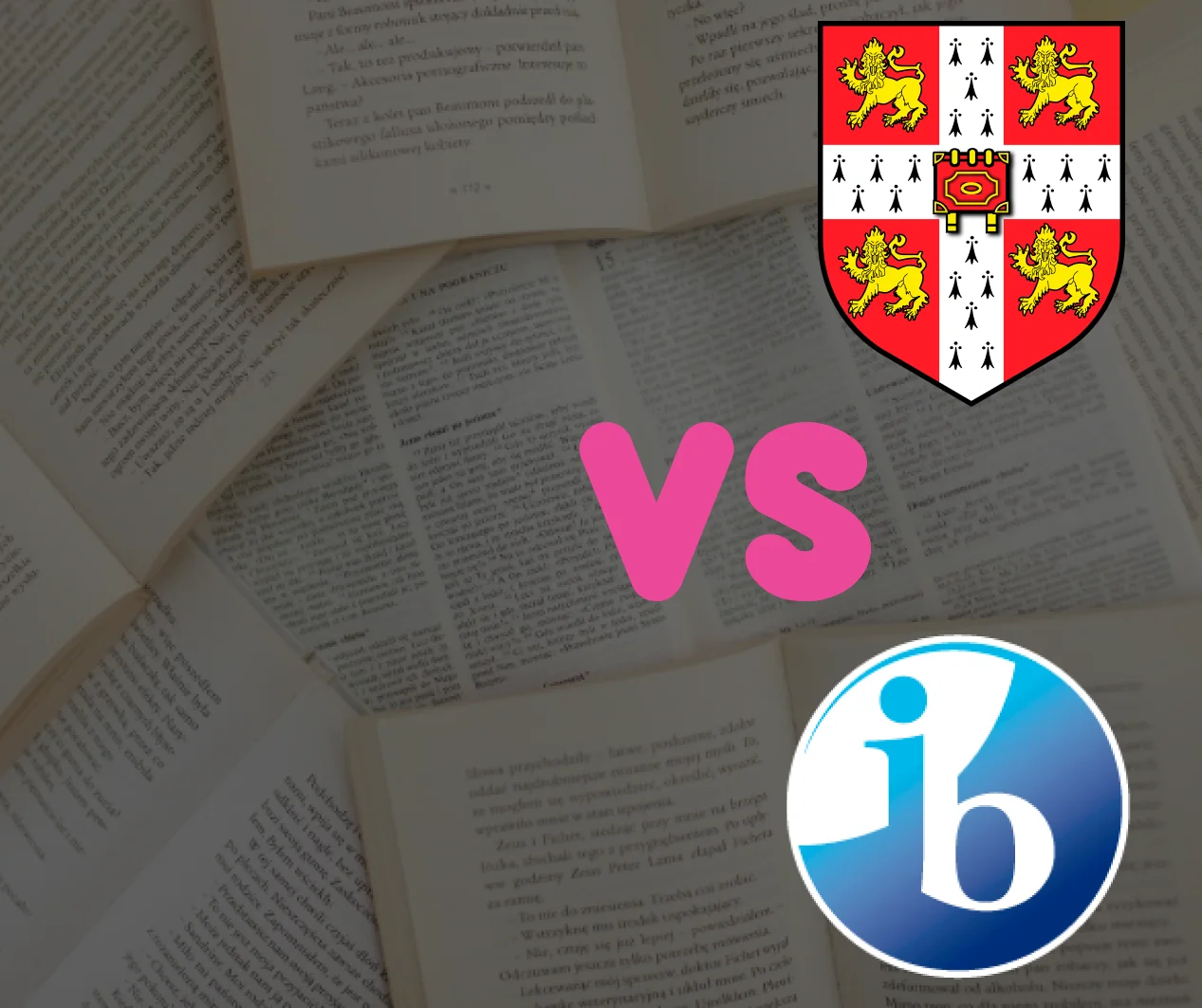
Comparing A-Levels and IB Diploma
The Cambridge A-Levels and the International Baccalaureate (IB) Diploma Programme are both globally recognised pre-university qualifications, but they have different structures and focuses that might make one more beneficial over the other depending on a student's circumstances and goals.
Why choose A-Levels instead of IB
Overall, Cambridge Assessment International Education provides international education programmes and qualifications to over 10,000 schools in more than 160 countries
Specialization
A-Levels allow students to focus on a few subjects (usually 3 or 4) that they are particularly interested in or that align with their intended university course, offering depth in those areas.
Flexibility
A-Levels provide the flexibility to choose combinations of subjects without the constraints of a fixed set of core subjects as in the IB.
Assessment
A-Levels are assessed mainly through final exams, which might be preferred by students who are strong in exam-based evaluations rather than coursework.
Global Recognition
A-Levels are widely recognised by universities, especially in the UK, which can make the application process more straightforward for students aiming to study there.
Curriculum Control
Schools may have more control over how they deliver A-Level courses, as there is no requirement to be authorized by Cambridge to teach them, unlike IB schools.
Practicality
For students who have a clear vision of their career path or academic field, A-Levels may be more practical as they can focus intensively on the subjects that are most relevant to their future studies.
Some Key Differences Between A-Levels and IB Diploma
| Aspect | A-Levels | IB Diploma |
|---|---|---|
| Focus | Specialization in 3-4 subjects | Broad curriculum covering 6 subject groups |
| Core Components | None | TOK, CAS, and the Extended Essay |
| Assessment | Mainly final exams | Mix of internal assessments and final exams |
| Curriculum Flexibility | High (choice of specific subjects without constraints) | Moderate (students must choose from all six groups) |
| Depth vs. Breadth | Depth in chosen subjects | Breadth across diverse disciplines |
| Recognition | Gives you college credit in the US | Does not give you college credit in the US |